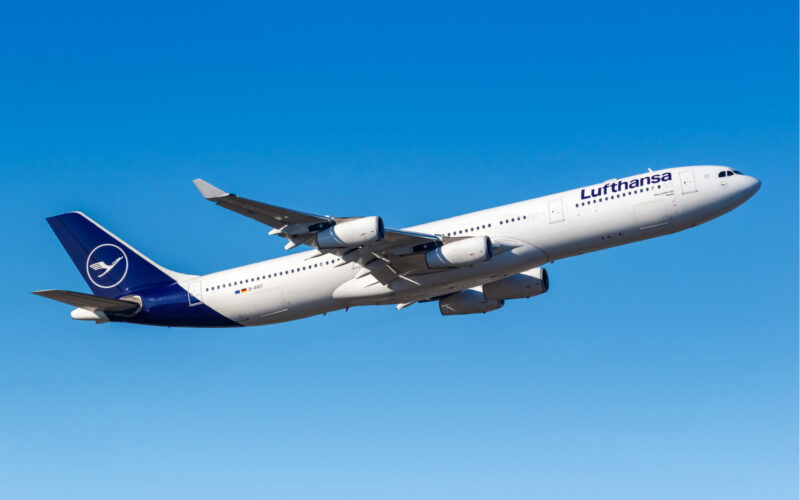Lufthansa’s (LHAB) (LHA) chief executive doesn’t believe the aviation industry’s staffing problems will be solved in time for an expected busy summer season of travel.
“The upcoming summer will be a major operational challenge for the whole industry,” Carsten Spohr told analysts after the airline group reported first quarter results on May 5, 2022.
Like rival Air France-KLM, which also reported financial results on May 5, Lufthansa (LHAB) (LHA) saw travel demand increase significantly in the first quarter of 2022 and said it expects a record summer for leisure travel. In the first quarter, Lufthansa (LHAB) (LHA) more than doubled revenue to €5.4 billion ($5.7 billion) and narrowed its adjusted loss before interest and tax (EBIT) to €591 million ($626 million) from a loss of €1 billion in 2021.
“Last week, total bookings exceeded 2019 levels for the first time,” Spohr said, adding that April 26 was the strongest day for bookings since the pandemic began. “Customers are increasingly confident that the crisis is over.”
However, while demand is returning strongly, the aviation industry is struggling to rebuild quickly enough after the pandemic left it grounded for almost two years. Airlines around the world have been forced to cancel flights due to staffing shortages, whether amongst flight crew or due to shortfalls at airports and other aviation partners.
Spohr said Lufthansa (LHAB) (LHA) was ready to add resources where necessary, but highlighted the airline was reliant on other players across the industry.
“We are fully aware that many partners, such as airports, air traffic control, caterers are struggling with staff shortages,” Spohr commented. “We are looking for solutions… but I am sure we won’t find all the solutions we need by the summer.”
Spohr noted that Lufthansa (LHAB) (LHA) had been forced to cancel flights at its main Frankfurt hub on one weekend due to staffing problems at the airport but said what Lufthansa (LHAB) (LHA) had experienced was relatively minor compared to disruption seen elsewhere. Travelers at Amsterdam Schiphol and Manchester Airport have notably faced long delays and cancellations in recent weeks.
Lufthansa (LHAB) (LHA) still has extra aircraft, pilots and flight attendants, including 14 A380s parked in Spain. “We have not pushed ourselves to our operational limits when it comes to capacity. We are aiming for healthy yield management,” Spohr said.
Lufthansa (LHAB) (LHA) expects yields, a measure of ticket prices, in 2022 will exceed pre-pandemic levels thanks to healthy demand. Corporate customers are starting to return, led by small and medium-sized enterprises and the airline predicts that business travel volumes will reach 70% of pre-crisis levels by the end of 2022.
In addition, Spohr said Lufthansa (LHAB) (LHA) was seeing a trend by US travelers to treat themselves to tickets in premium sections, thanks to current exchange rates.
Cargo boom continues
Meanwhile, Lufthansa’s (LHAB) (LHA) air freight division continues to post record results. The division reported adjusted EBIT of €495 million ($525 million).
While IATA said on May 3 that the war in Ukraine and COVID-19 restrictions in China were leading to fewer goods being shipped.
However, Lufthansa (LHAB) (LHA) remains bullish on cargo. Spohr said prices per kilo of cargo were as much as €30 or €40, far more than a passenger pays in terms of weight.
“An end to the current air freight boom is not yet in sight,” chief financial officer Remco Steenbergen commented. He said availability of aircraft would continue to be a challenge, while ongoing supply chain disruptions would also ensure demand for moving goods via air.

